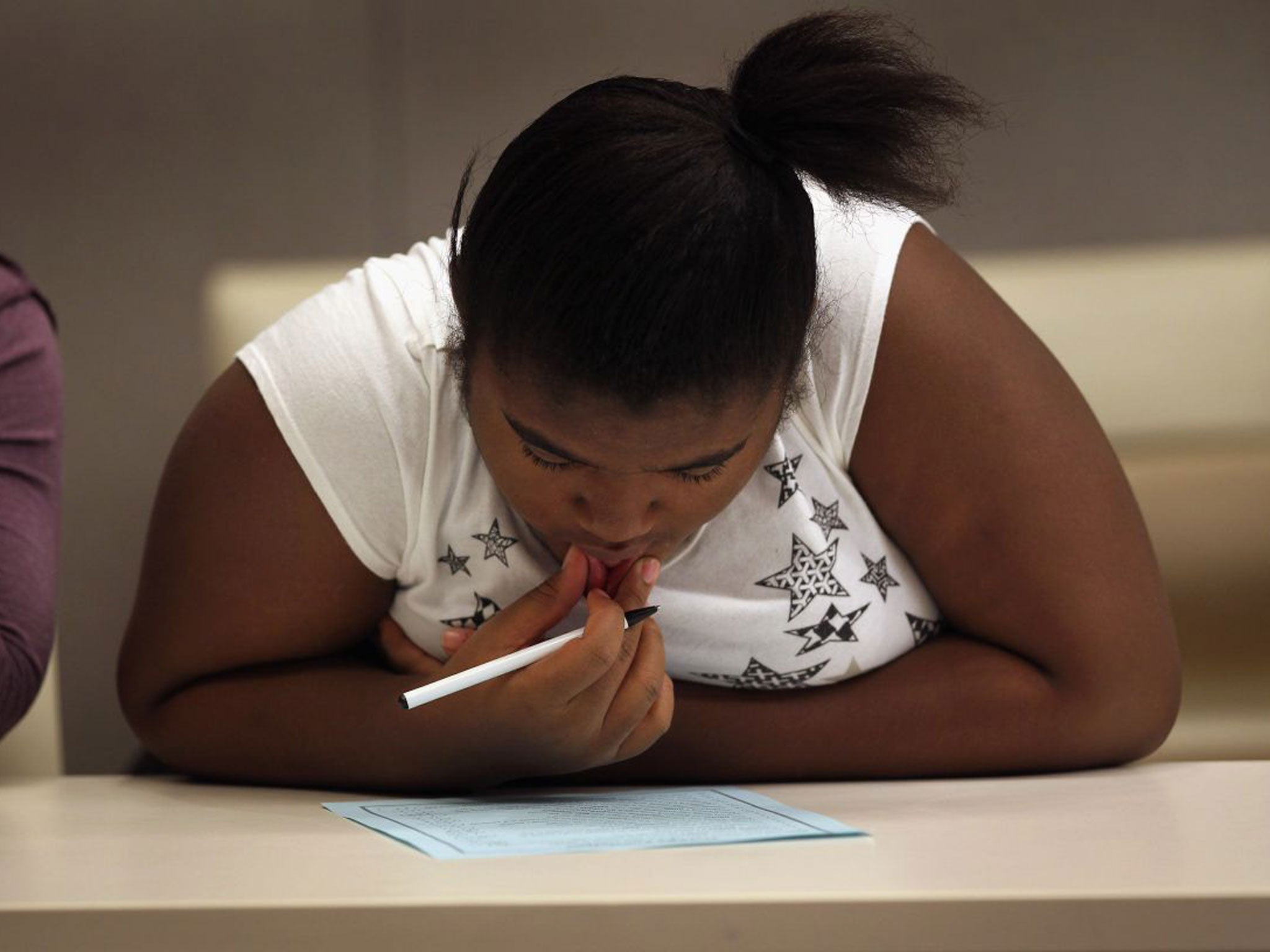‘Overweight child’ letters given a more positive spin

Your support helps us to tell the story
From reproductive rights to climate change to Big Tech, The Independent is on the ground when the story is developing. Whether it's investigating the financials of Elon Musk's pro-Trump PAC or producing our latest documentary, 'The A Word', which shines a light on the American women fighting for reproductive rights, we know how important it is to parse out the facts from the messaging.
At such a critical moment in US history, we need reporters on the ground. Your donation allows us to keep sending journalists to speak to both sides of the story.
The Independent is trusted by Americans across the entire political spectrum. And unlike many other quality news outlets, we choose not to lock Americans out of our reporting and analysis with paywalls. We believe quality journalism should be available to everyone, paid for by those who can afford it.
Your support makes all the difference.Letters to parents warning that their children are overweight will be toned down, after complaints that the wording was too upsetting.
NHS guidance, supporting a national weigh-in programme for schoolchildren, says the letters to parents should be “non-judgmental and positively phrased”.
New template letters have been issued to local authorities ahead of the programme’s start in September, watering down the language previously used to describe the effects of being overweight.
The letters, which detail the child’s height and weight, have been “revised” from last year following feedback from experts and parents.
While wording can be changed to meet local needs, the guidance says it “is important to consider that parents receiving the letter may be sensitive to the information and feel that their parenting skills are being criticised”.
“As such, as far as possible the letters should be non-judgmental and positively phrased.”
The letters are signed by school nurses and include website addresses and a phone number so parents can access free advice and support.
The National Child Measurement Programme, overseen by Public Health England, is “fundamental to efforts to tackle childhood obesity in England”, according to the guidance.
It details how children should be weighed and measured in schools, with the anonymised results fed into a national database.
The letters telling parents their child is overweight or very overweight have undergone a series of changes.
In the “very overweight” letter, parents are no longer told: “Your child’s result is in the very overweight range. Doctors call this clinically obese.”
While parents are told their children could face health problems in later life, the letter no longer says youngsters are at risk of “heart disease and some types of cancer”.
Dr Ann Hoskins, Public Health England’s director of children, young people and families, said: “We’ve listened carefully to feedback from parents and local authorities, and as a result the template letter has been simplified to make it easier to read and more personal.”
PA
Join our commenting forum
Join thought-provoking conversations, follow other Independent readers and see their replies
Comments